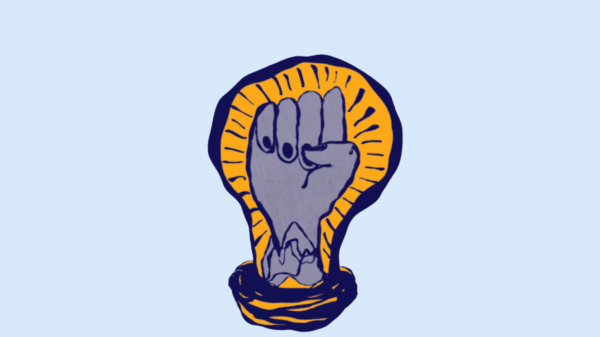Betschart v. State of Oregon
- Filed: 01/05/2024
- Status: Victory!
- Court: United States Court of Appeals for the Ninth Circuit
- Latest Update: Jun 04, 2024

Related Content
Stay Informed
Sign up to be the first to hear about how to take action.
By completing this form, I agree to receive occasional emails per the terms of the ACLU’s privacy statement.
By completing this form, I agree to receive occasional emails per the terms of the ACLU’s privacy statement.

